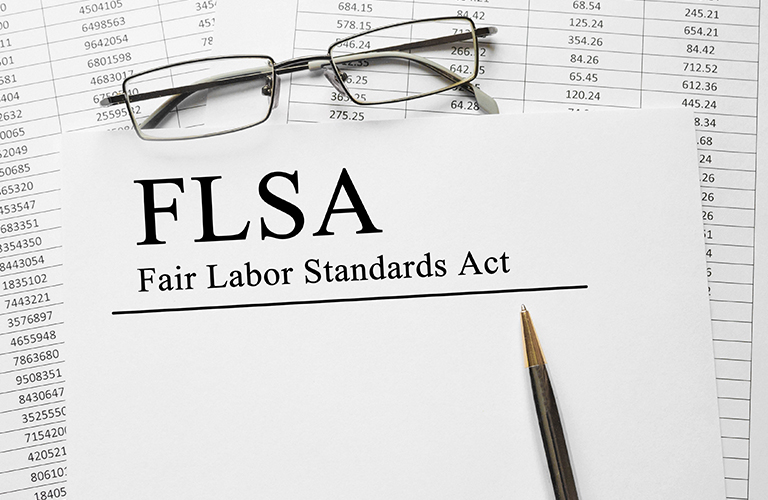
Many employers in the U.S. utilize student interns or apprentices to work on a short-term basis. Oftentimes, companies make such internship or apprenticeship opportunities available without offering pay for the provision of services, and indeed, many times students and others new to the workforce have been more than willing to work without pay for the opportunity to gain valuable job experience and skills they can utilize in the future. The federal Fair Labor Standards Act (“FLSA”) and state and local laws require employers to pay employees for their work. Interns and students, however, may not be considered employees and do… Read more



